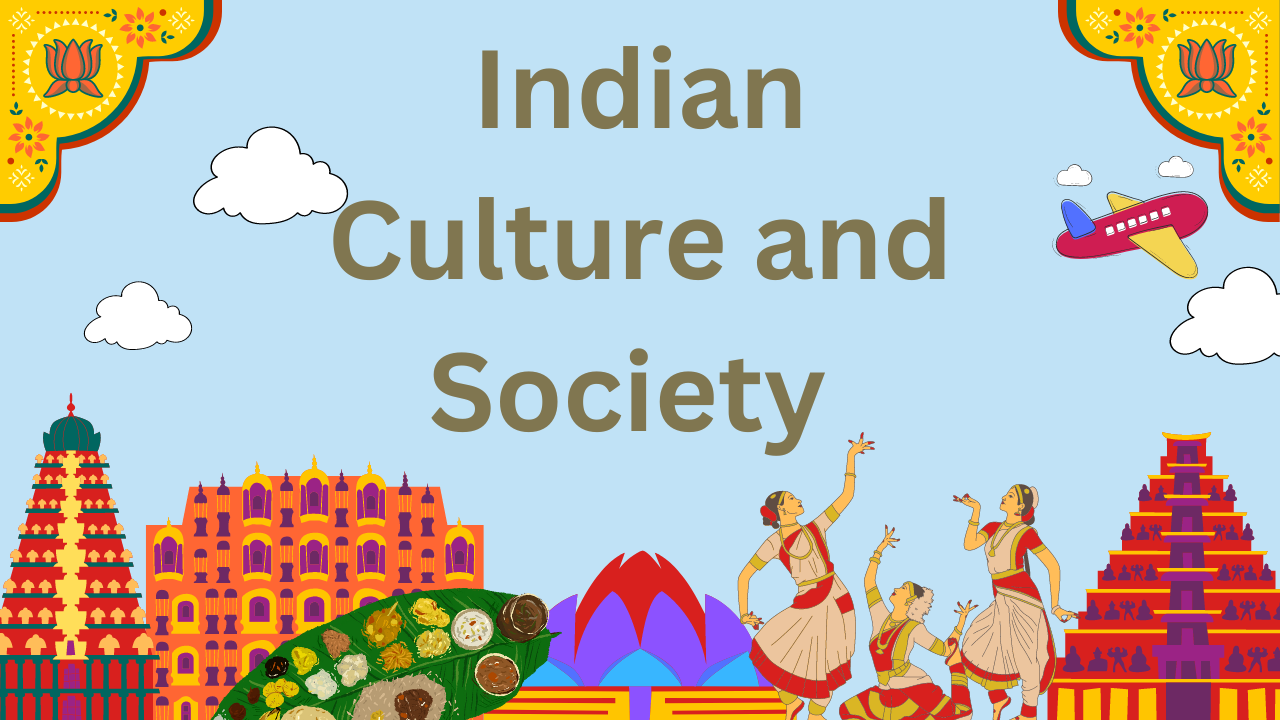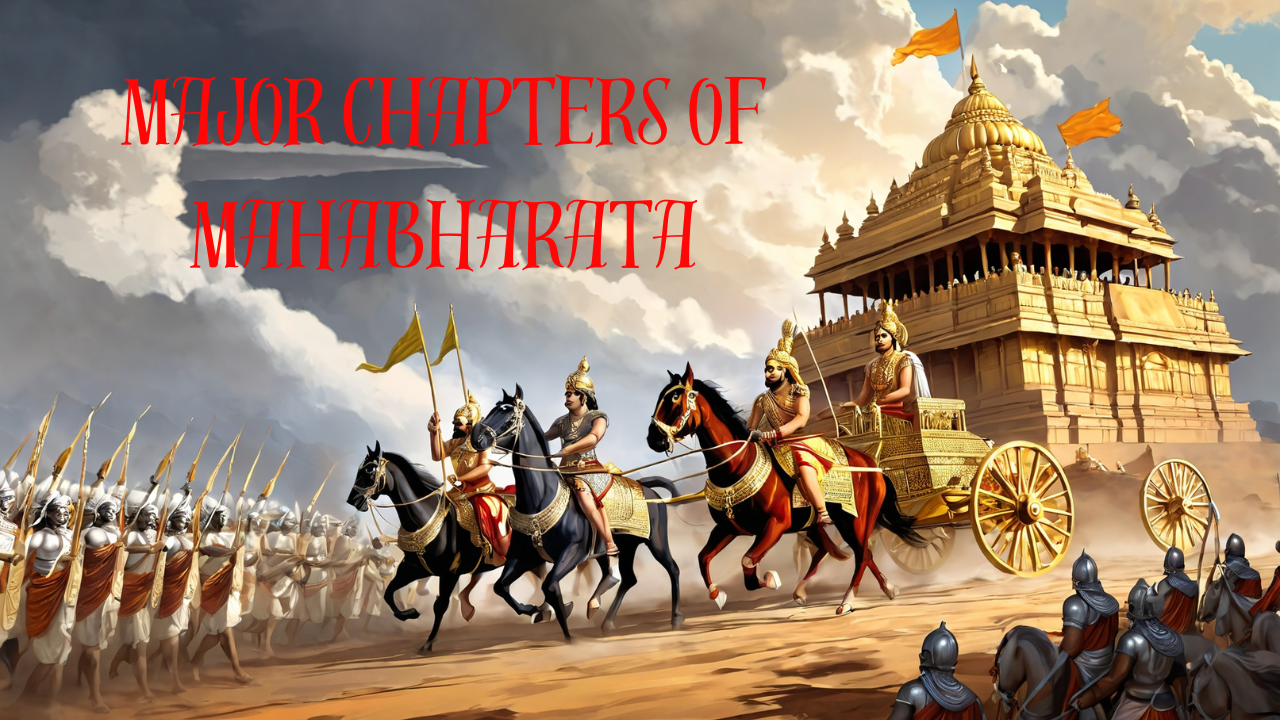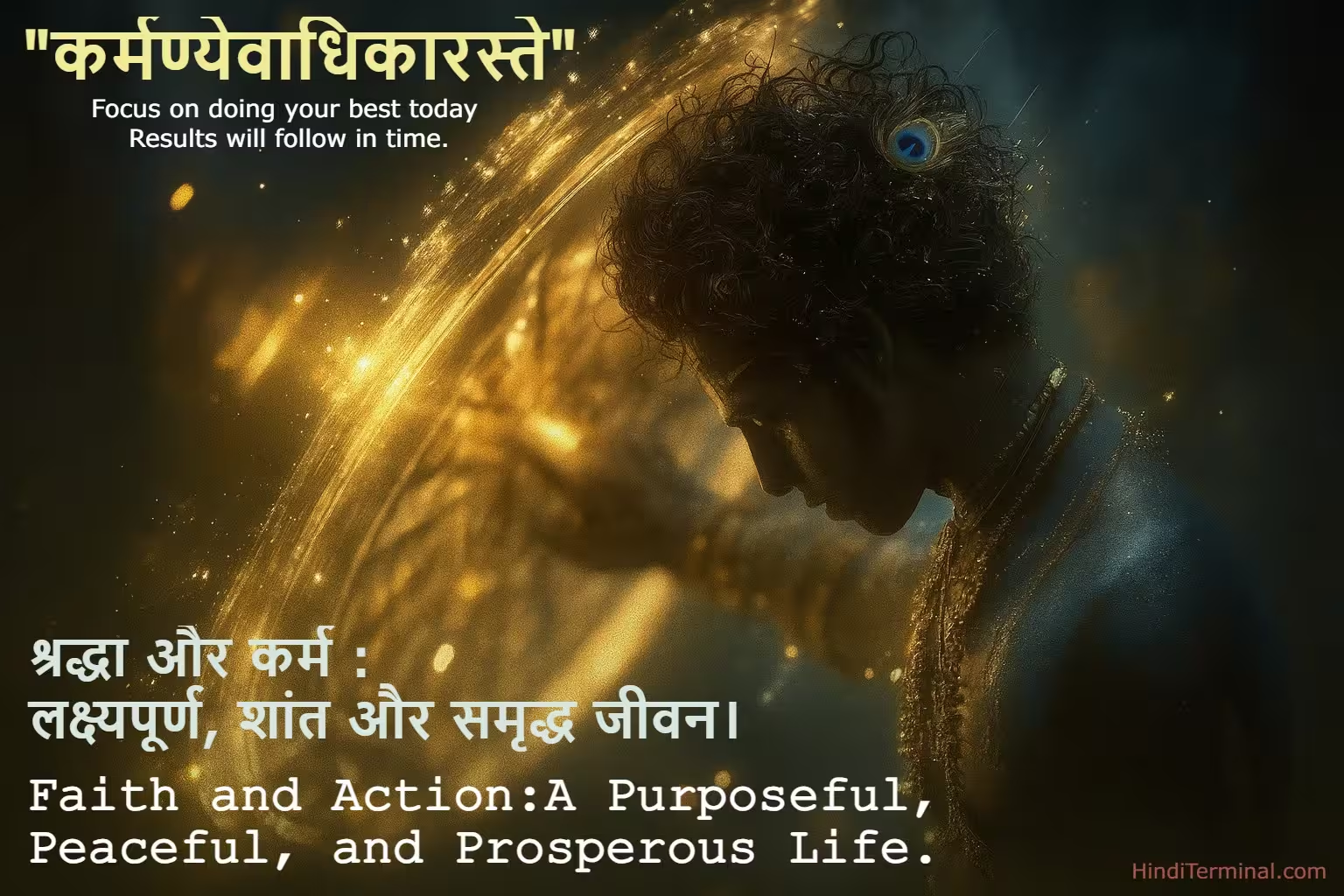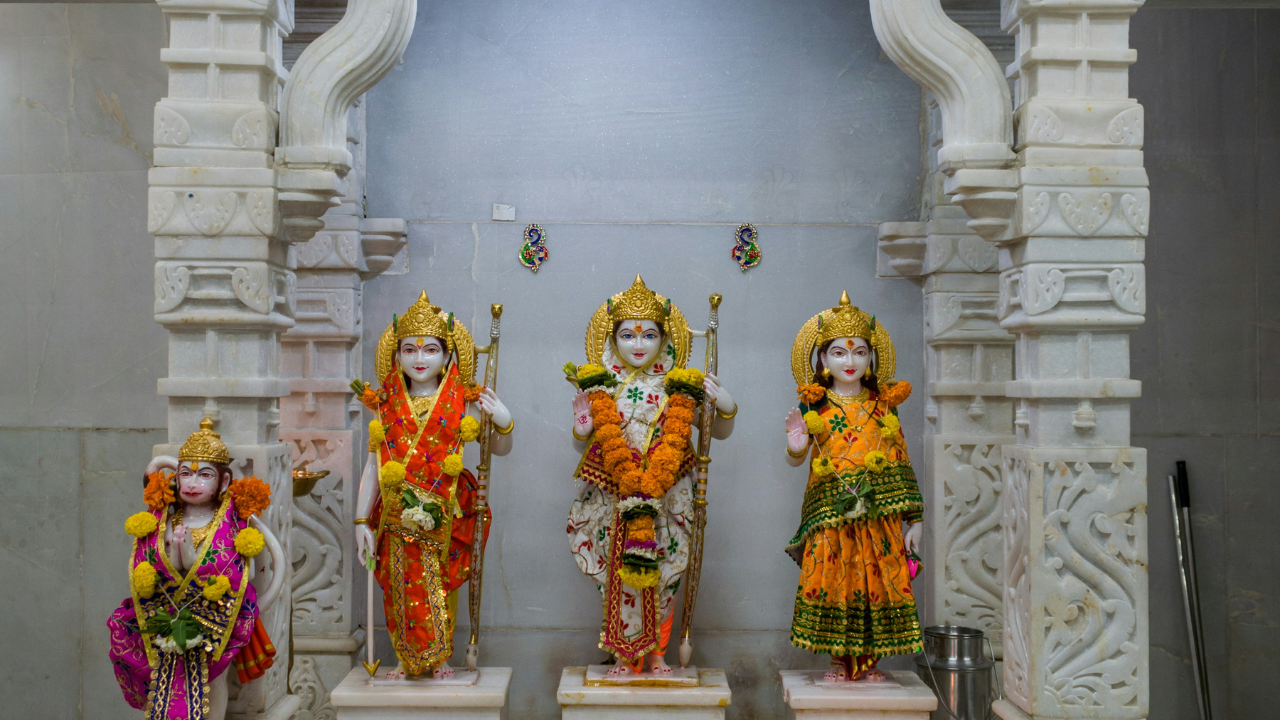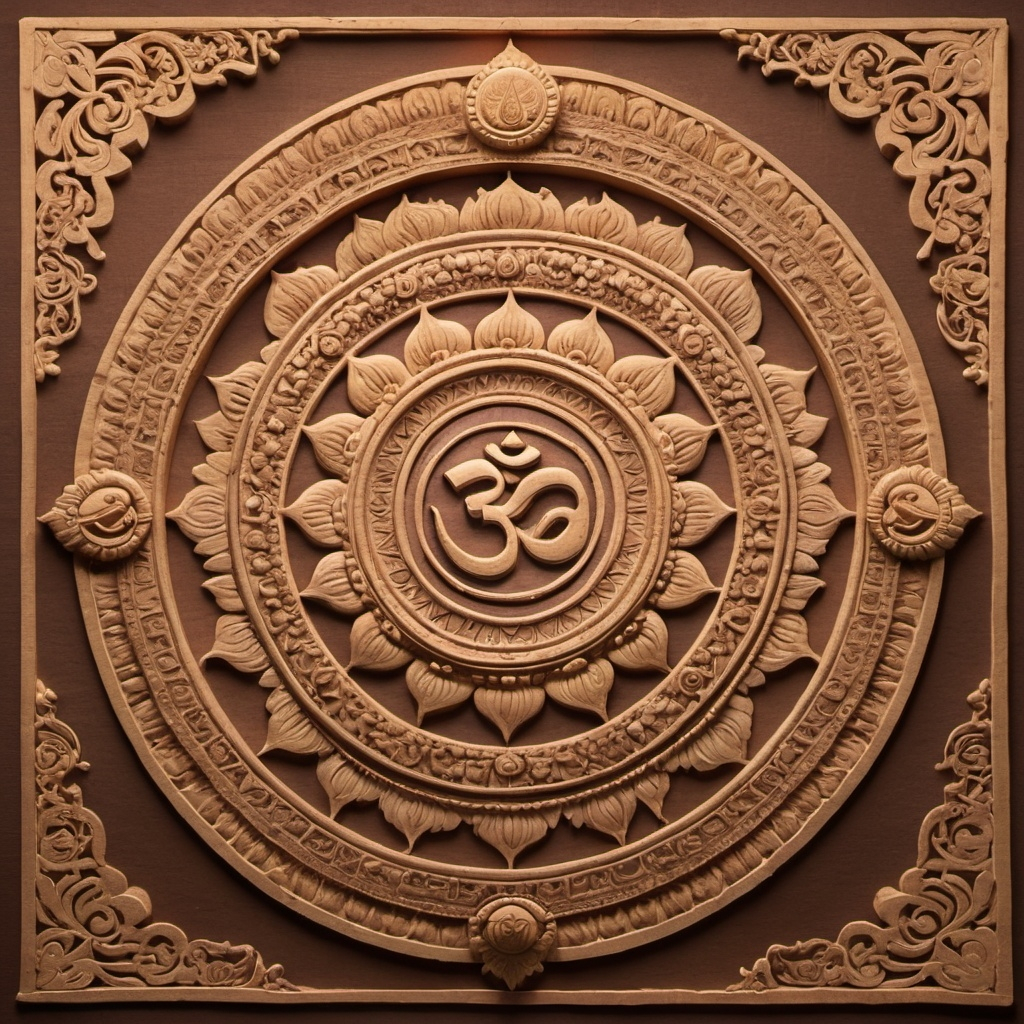Culture and Society
India is known for its diversity and rich cultural heritage, and its religion and culture are deeply ingrained in every aspect of Indian society. Hinduism is considered the foundation of Indian culture, and its religious rituals have shaped not only religious life but also society and culture. Hindu rituals play a significant role in the development of Indian society, in relationships between different social groups, and in all aspects of life. In this blog, we will explore the impact of Hindu religious practices on Indian society and its culture.
Table of Contents
The Importance of Hinduism and Religious Rituals
Hinduism is regarded as one of the oldest religions in the world, and within it, countless religious rituals and traditions have evolved. Religious rituals hold great importance in Hinduism. These rituals are intertwined with every aspect of life—birth, marriage, death, festivals, celebrations, and even daily activities. The purpose of these rituals is not limited to religious worship but extends to social and cultural significance as well.
Religious rituals work to unite and stabilize Indian society. These rituals reinforce a cultural tradition that links different castes, communities, and generations together. The social impact of Hindu rituals is deep and multifaceted, observable at both individual and collective levels.
The Impact of Religious Rituals on Indian Society
Hindu religious rituals are not just ways to fulfill religious duties; they also influence the structure, rules, and cultural identity of Indian society. Many Hindu religious practices, such as puja (worship), yajna (sacrifice), samskaras (sacraments), vrats (vows), and festivals, contribute to fostering unity and cooperation within society.
1. Building Social Unity and Cooperation
Religious rituals have always fostered a sense of community and cooperation. Whether it’s family worship, a village yajna, or a major festival, all these rituals bring together people from different sections of society. Religious rituals provide a platform where individuals connect with their families, communities, and society as a whole, collectively participating in religious duties.
For example, festivals like Diwali, Holi, and Dussehra are not just religious rituals but also social celebrations. During these festivals, people come together to celebrate, putting aside their differences and strengthening social unity. This fosters a sense of cooperation, love, and unity in society.
2. Fulfillment of Social Responsibilities
Religious rituals also serve as a means of fulfilling social responsibilities. Through religious rituals, Hinduism teaches every individual their duties and responsibilities towards society. Participating in these rituals helps individuals understand that they are an essential part of society and that their responsibilities extend beyond personal life to include contributing to the welfare of society.
For instance, rituals like Pind Daan and Shradh (ancestor worship) symbolize respect and responsibility towards deceased ancestors. Such rituals teach individuals that they must honor their duties not only in their own lives but also towards their ancestors and society.
3. Caste System and Social Structure
The caste system is a significant part of Hindu society, and it is reinforced through religious rituals. In Hinduism, each caste (Brahmins, Kshatriyas, Vaishyas, Shudras) plays a specific role in religious rituals. Religious rituals have made different social groups aware of their duties and rights.
For example, Brahmins traditionally hold a prominent place in religious rituals, performing yajnas, pujas, and other ceremonies, thus spreading religion and education throughout society. Likewise, the Kshatriya class has been responsible for the protection and governance of society, a role solidified by religious rituals.
Although the rigid caste system has weakened in modern times, religious rituals have historically had a profound impact on the social structure of society. The distinctions between castes and their religious duties have helped define their identities and roles in society.
4. Samskaras and Family Traditions
Hindu religious rituals help build traditions and samskaras (sacraments) within families and society. In Hinduism, every significant moment of life—birth, marriage, and death—is marked by a samskara, which is carried out through religious rituals.
Jatakarma (birth rituals), Namkaran (naming ceremony), Upanayana (sacred thread ceremony), Vivah (marriage ceremony), and Antyeshti (funeral rites) are examples of rituals that bring unity and stability within the family. These rituals educate individuals about their duties, family traditions, and social responsibilities. They bring family members together and help preserve cultural traditions and values in society.
5. Promoting Morality and Discipline in Society
Religious rituals help maintain morality and discipline in society. Hindu rituals encourage individuals to follow the path of dharma (righteousness), truth, and ahimsa (non-violence). The purpose of these rituals is to make individuals aware of moral and religious values, ensuring peace and harmony in society.
Rituals like meditation, puja (worship), and vrats (vows) motivate individuals to practice self-control, discipline, and mental peace. Through these rituals, people not only fulfill their religious duties but also adhere to moral and disciplinary principles in society.
For example, observing vrat (fast) is not only a religious duty but also helps individuals practice restraint, patience, and discipline. This, in turn, spreads a message of discipline and morality throughout society.
6. Preserving Cultural Heritage through Religious Rituals
Religious rituals play a crucial role in preserving Indian culture and its heritage. Through festivals, worship, yajnas, and other religious ceremonies, cultural traditions are passed down from generation to generation.
The significance of festivals in Indian society is closely linked to religious rituals. Diwali, Holi, Makar Sankranti, Navratri, Raksha Bandhan are not only religiously significant but also serve as mediums for the preservation and propagation of Indian culture. By observing religious rituals during these festivals, society keeps its cultural heritage alive and passes it on to the next generation.
Religious rituals not only promote religious faith but also preserve the cultural identity and heritage of Indian society. These rituals support and promote Indian art, music, dance, and other cultural forms.
7. Harmonizing Religion and Science in Society
Hindu religious rituals are not merely spiritual or religious; they also embody a scientific perspective. Rituals such as yajnas, meditation, and pujas are considered to contribute to environmental balance, mental and physical health, and the dissemination of positive energy.
For example, during a yajna, the offerings made into the sacred fire are believed to purify the environment, a claim supported by scientific research. Similarly, religious practices like meditation and yoga not only enhance religious devotion but also improve mental and physical well-being. These rituals present a unique blend of religion and science in society.
8. Women’s Participation in Religious Rituals
Women play a significant role in Hindu religious rituals. Women often lead household religious activities and hold a special place in the preservation of religion and culture in society.
In rituals such as vrats (fasts) and pujas (worship), women play a crucial role in maintaining religious faith and morality within families. Additionally, through various religious ceremonies, women help strengthen family and social bonds in society.
Religious rituals also empower women by recognizing their rights and powers. In Hinduism, rituals like Navratri are dedicated to the worship and reverence of female power. In this way, religious rituals have reinforced the importance and contributions of women in society.
The Impact of Religious Rituals on Modern Society
In modern society, the importance of religious rituals remains intact, though their forms and practices have evolved over time. Today, religious rituals are not only symbols of personal faith but also serve as mediums for social celebration and cultural exchange.
Nowadays, practices such as online pujas, digital observance of vrats, and modern religious rituals are part of the new technological age. Religious rituals are no longer confined to temples or homes; their relevance and reach have expanded through digital platforms.
Furthermore, religious rituals continue to have a social impact in modern society. These rituals still promote morality, discipline, and religious faith within society. Through religious rituals, social unity, cultural identity, and religious devotion are strengthened even today.
Conclusion
Hindu religious rituals have a profound impact on Indian society and its culture. These rituals serve not only as a means to fulfill religious duties but also promote social unity, morality, discipline, and preservation of cultural heritage. Through religious rituals, society experiences an exchange of religious faith and social responsibilities.
Religious rituals have strengthened the foundations of Indian society and provided it with a unique cultural identity. Even in modern times, the relevance of religious rituals persists, helping to maintain peace, harmony, and discipline within society.
Read this Article In Hindi Click Here

